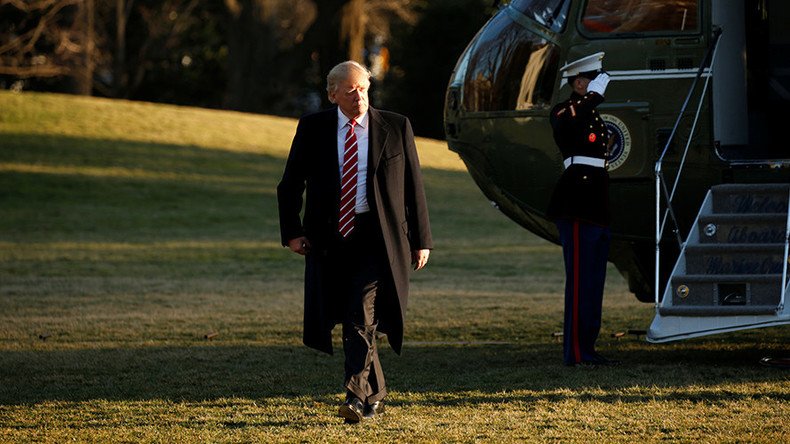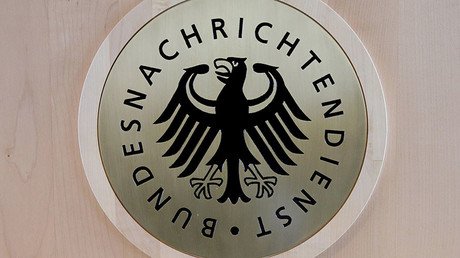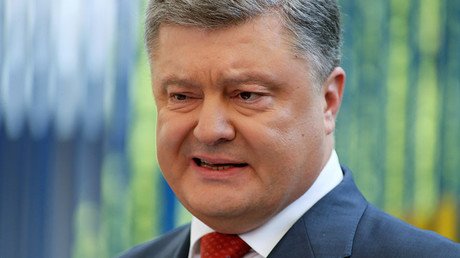‘Trump confronting rabid Russophobia found in DNA of Republican Party’

Donald Trump will not seek a conflict with Moscow as he does not see Russia as a threat to US interests, but may be drawn into it by the security establishment or a ‘provocative incident’ like a chance military encounter in Syria, George Szamuely told RT.
George Szamuely, senior research fellow at the Global Policy Institute at London Metropolitan University, told RT the US President “senses, and he’s sensed it for a while, that there’s kind of permanent government in the United States, the national security establishment, is very anxious to provoke a confrontation between the United States and Russia.”
By refusing to “speak badly” about Russian President Vladimir Putin or join a chorus of those bashing Moscow for its alleged role in the conflict in Ukraine, Trump shows a remarkable ability to withstand the pressure, Szamuely said.
The researcher suggests President Trump is going to concentrate on fighting Islamic terrorism and restoring America’s economic prowess rather than on Russia.
“His instinct is that Russia is not the United States’ main adversary, the main adversary geopolitically is ISIS or jihadism in general, and America’s economic problems and therefore that involves relations with China and how America can get jobs back,” Szamuely argued.
However, “there’s going to be more and more pressure on him, ” and there’s a “real danger” that some sort of a “provocative incident” might leave Trump no other option than being drawn into the conflict, says the researcher.
READ MORE: US-Russia cooperation could benefit Syria & wider world – Assad
“Trump does not want to get involved in any kind of a dispute with Russia, but he is being pushed into this,” he said. An unfortunate incident “like Americans shooting down some Russian plane in Syria” or vice-versa, Trump will inevitably be dragged into what Szamuely called a continuation of the “Bush-Obama cold war” with Russia.
“It will be hard for him to resist an essentially new continuation of the Bush-Obama cold war,” Szamuely theorizes, taking into account the belligerent rhetoric of some of the GOP senior members, notably Sen. John McCain and Sen. Lindsey Graham.
“The Republican party, it’s in its DNA, a kind of rabid Russophobia, a deep anxiety about Russia and an eagerness to start some kind of a confrontation with Russia,” the researcher said, pointing out that the recent escalation of the situation in Ukraine “directly flows from the visit made by McCain, by Lindsey Graham over the New Year in which they pretty much encouraged Ukraine to launch an offensive.”
While Trump is not eager to inflame tension with Russia, Szamuely suggests he “clearly does not want to do anything that would seem that he is doing Russia’s bidding,” giving the amount of speculation around his alleged ties to Putin and his portrayal in the mainstream media as a “Russian agent.”
“He is just hoping that somehow things blow over and he could maybe start carving out his own distinctive foreign policy,” the researcher said.
The statements, views and opinions expressed in this column are solely those of the author and do not necessarily represent those of RT.














